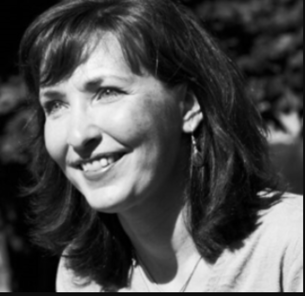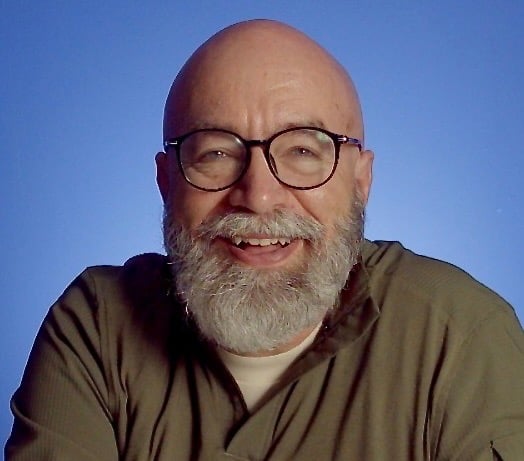
It has become a familiar question as Maestro-level leaders arrive for the next quarterly retreat. Kay is a trend-spotter, growing from years of C-suite and board conversations tied to her expertise in market research. We've been privileged to draw on Kay's wisdom to help us develop our own "spidey sense" in spotting future value possibilities. Kay regularly provides us with a session on the trends she is spotting and what to do about them.
Hanging around Kay helped me grow my architectural listening skills, leading to my noticing two crucial trends. Just a couple of sentences about each:
1. Growing resistance to accountability.
I'm tempted to lay this at the feet of helicopter parenting and everyone getting participant trophies while growing up. For whatever reason, and over and over again, my Executive Advising practice puts me in touch with frustrated CEOs accused of micromanaging simply because they ask for an update. That same don't micromanage me junior executive complains that their direct reports are resistant to provide updates on their work. The resulting blocked upward communication is bolstering ERP systems everywhere.
Putting in an ERP is only a partial solution, as people must communicate well—up and down the enterprise—to scope and frame the work accurately. An ERP can only report on what gets put in. Any quality requires communication.
2. Inability to think in complexity.
A distinguishing skill between front-line and executive employees is delivering quality products and services (front-line) and removing the obstacles to delivering those products and services now and into the future (executive). The former requires concrete thinking and technical expertise. The second requires abstract thinking and adaptive expertise. Because almost all education has become specialized and professional, conceptual thinking and adaptive expertise are often undeveloped and cannot be assumed—simplicity rules. Complexity gets scorned, and a lot of future value is missed.
Executives need to be developed in place if they are going to succeed. This provides a more significant opportunity for trend-spotters and researchers like Kay Edwards, who can prod new neural pathways into place, and for Executive Advisors like me who are poised to help the executive become the brain athlete they need to be.
Maestro-level leaders cohorts provide a four-year journey for accomplished Executives in their Third Turn. A pivotal aspect to building future value, succession, and legacy is growing the successors they want to slingshot into the future. Helping successors prepare—accountable for what they set out to do and able to think and solve for complexity—mitigates these trends.
My thanks to Kay for helping us continue growing.
Tags:
process consulting, leadership succession, Mark L. Vincent, Inspiration, Maestro-level Leaders, Future Value, Complexity, stewardship of a successor, Executive Thinking, Third Turn Leaders
Post by
Mark L. Vincent
October 17, 2023
October 17, 2023
I walk alongside leaders, listening to understand their challenges, and helping them lead healthy organizations that flourish.
Comments